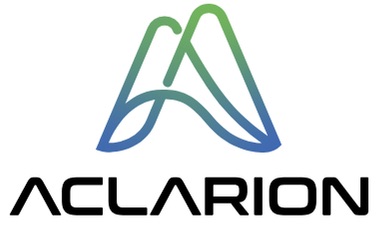
Terumo Blood and Cell Technologies (Terumo BCT) reported regulatory approvals in 14 Latin American countries for its Spectra Optia Apheresis System, allowing for new treatment options for sickle cell disease, Guillain-Barré syndrome and myasthenia gravis. This development signifies a major step toward enhancing access to therapies for patients with rare and chronic diseases in the region.
The newly approved treatment options aim to improve clinical management through automated red blood cell exchange and therapeutic plasma exchange. Antoinette Gawin, president and CEO of Lakewood-based Terumo BCT, emphasized that these approvals “are a step toward clinical inclusion, establishing a new standard of care in the region and broader health equity.” Gawin added that their goal is to integrate these therapies into clinical guidelines and ensure insurance coverage.
This announcement follows the World Health Assembly’s adoption of a historic resolution on rare diseases on May 25, 2025. That resolution seeks to enhance early diagnosis, equitable access, and innovation in treatment for rare diseases, aligning with Terumo BCT’s efforts in LATAM. The approvals were granted based on clinical evidence demonstrating the safety and efficacy of the new treatment methods.
The affected diseases include sickle cell disease, a genetic blood disorder affecting 60,000 to 100,000 patients in Brazil; Guillain-Barré syndrome, with an estimated 7,234 to 11,837 annual cases in LATAM; and myasthenia gravis, a chronic condition affecting more than 700,000 people globally. These approvals introduce new clinical possibilities for underdiagnosed and underserved patient populations across several countries, marking a crucial advancement in healthcare access in the region.
